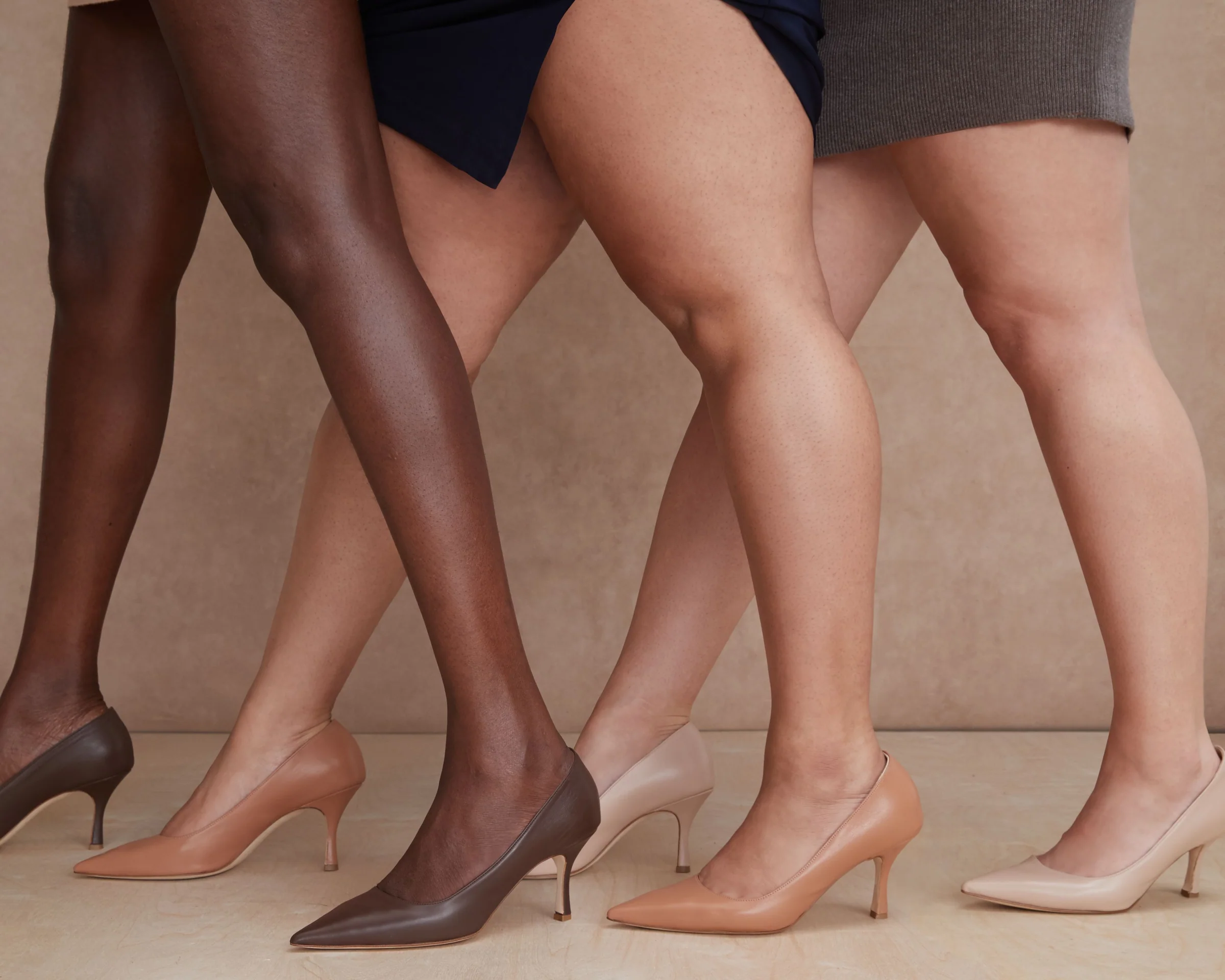No products in the cart.
7 Teas You Need in Your Pantry and Why
After water, tea is the second most consumed beverage in the world and there are plenty of reasons why. Did you know some research shows that drinking 2-3 cups of tea per day may reduce the risk of things like premature death, heart disease, stroke and type 2 diabetes? Though this ancient beverage traces its roots back to China, people all over the world have embraced the benefits of tea as a part of their national culture.

Where Do the Benefits of Tea Come From?
But why is tea so healthful? Tea plants are packed with a powerful compound called polyphenols or flavonoids. This compound acts as an antioxidant — a necessary tool in fighting against free radicals, the unstable electrons that can cause damage to our bodies.
So, now that you know where it comes from and why it’s so popular, let’s get into the tea on tea.

Black Tea for a Caffeine Crave
True teas come from the Camellia sinensis plant and they include black tea, green tea, oolong, and white tea. Black tea has the highest caffeine content of all teas, so if you’re looking for a coffee alternative that still packs a caffeine punch, start here. Studies show that flavonoids in black tea may help reduce the risk of heart disease. Earl Grey and English Breakfast are the most commonly known black teas and can be found in almost any grocery store.
Green Tea for Antioxidants
Green tea is also derived from the Camellia sinensis plant. Because its full of antioxidants like vitamin C, green tea is one of the most popular types of teas. Green tea aficionados believe it can help regulate blood pressure and cholesterol, reducing the risk of heart disease.
Unlike loose leaf green tea, matcha is a type of green tea that is consumed in powder form and mixed in with water. Matcha is believed to have 137x more antioxidants than loose leaf green tea, and it also packs a healthy dose of vitamin A, which is great for the skin.

White Tea for a Delicate Flavor
Like black and green tea, white tea also comes from the Camellia sinensis plant. White tea, however, boasts the lowest levels of caffeine, and it requires the least amount of processing to be produced. Known for its delicate and grassy flavor, white tea isn’t as heavily researched as green and black tea. However, some studies show that it may help combat skin aging and obesity.
Herbal Tea for Ancient Remedies
Although herbal teas aren’t technically “tea” because they don’t come from the Camellia sinensis plant, they are still a great caffeine-free source of nutrition and flavor. Herbal teas can be made from flowers, herbs, spices and roots. Below are some of our favorites.
Peppermint Tea
Peppermint tea comes from the mint leaf and has many powerful benefits when its steeped in tea as well. Scientists believe that peppermint tea helps muscles to relax, which can help soothe different muscular pain like indigestion. It has also been shown to improve athlete performance because by relaxing certain chest muscles that allow increased flows of oxygen to the brain.

Chamomile Tea
Chamomile tea is well-known as a calming beverage that can help you fall asleep faster. This herb also helps fight inflammation, which makes it great to sip on when its that time of the month. Chamomile is an ancient remedy that was used to fight a host of issues including anxiety, fevers, headaches, skin irritations, and muscle spasms.
Holy Basil Tea or Tulsi
Holy Basil Tea is seen as one of the most important medicinal herbs on the planet. The herb is just now starting to catch on in the west as a powerful adaptogen, which is a substance that strengthens the body’s resilience to stress. This makes holy basil great for anti-aging, but it also helps improve brain function, balance hormones, and strengthen the immune system.
There’s Your Tea, Baby
Tea isn’t the second most consumed beverage for nothing. With its powerful antioxidants and nutrients, the benefits of tea make it a top shelp item to keep stocked in your kitchen cabinet. Mix it with sugar, milk, or honey, because however you drink it — that’s your business.







Fitoru
I see, this tea is truly beneficial for us. I am glad I stumbled on this article.